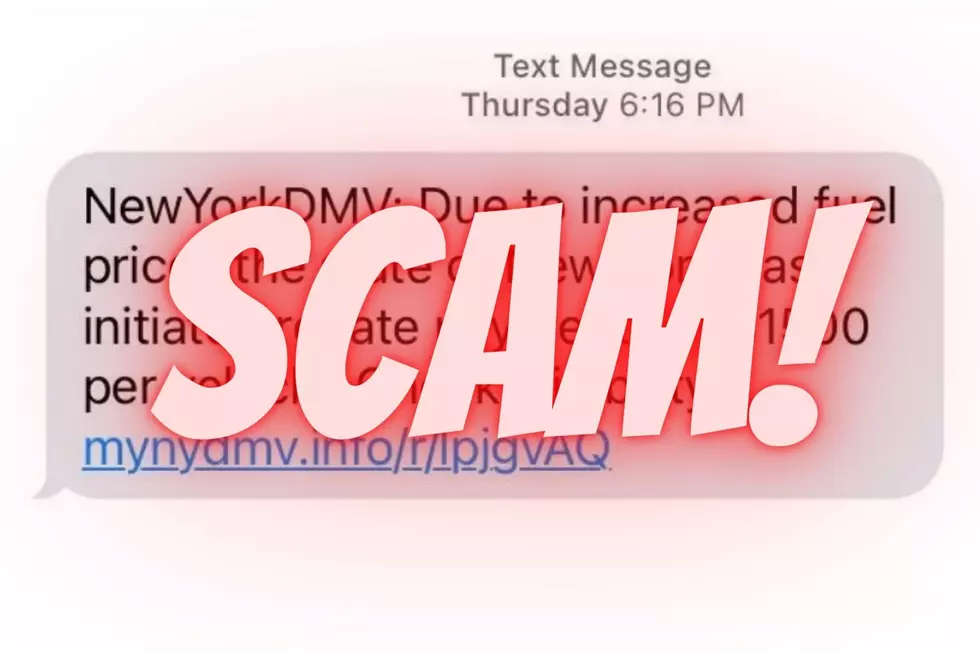
Is the Google Plus Settlement Email Real or a Scam?
“You are not being sued” is the very first thing I saw when I opened my email and I instantly rolled my eyes, figuring I was being sent another run of the mill scam email, but my curiosity peaked and I figured as long as I didn’t click on any links in the email, I might as well skim through it to see what it was all about.

Turns out there’s a lawsuit that revolves around the now-defunct Google Plus social media platform. That’s how relevant the platform is, or was I should say. I had a Google Plus account but checked it about as often as I do my Twitter account and didn’t even know the platform had been dissolved.
Anyway, the lawsuit is very legitimate as it turns out. Fast Company did the legwork of reaching out to Google to learn more and they were told by a Google spokesperson that the email that thousands of us received is in fact real.
The lawsuit is centered around a security issue in which Google admitted that there had been a privacy and data leak, that they knew about it, and that they’d been coving it up since as far back as 2015.
After years of back and forth in the courts, Google finally settled this year to the tune of $7.5 million which, when you think about it, isn’t a whole lot considering the sheer number of Google Plus users that would be eligible for a piece of the lawsuit pie.
And how big of a piece would users be entitled to? According to Fast Company, it would be a slim $12.00. As in a ten and two ones. $12. That’s all.
But dang it, if you had a Google Plus account and want your share of the lawsuit money, all $12 of it, you’ll need to follow the directions on the settlement website and you’ll have to make sure that you do so before October 8, 2020.
Four Ways to Determine if an Email Is Legitimate or if It’s a Hacking/Phishing Attempt
More From WZOZ



![High Gas Prices Has the NY DMV Warning of Latest Texting Scam! [PIC]](http://townsquare.media/site/81/files/2022/07/attachment-WGNA.COM-2022-07-10T192330.432.jpg?w=980&q=75)





